Since its inception, the Yu-Gi-Oh! franchise has expanded beyond the iconic anime and manga series to include a vast range of video games. These games bring the thrill of dueling, deck-building, and card collecting to fans across generations and gaming platforms. In this guide, we’ll dive into the evolution of Yu-Gi-Oh! video games, highlight some of the most popular titles, explore gameplay mechanics, and offer tips for newcomers looking to jump into the world of digital dueling.
The Evolution of Yu-Gi-Oh! Video Games: A Brief History
The first Yu-Gi-Oh! video game was released in the late 1990s, closely following the manga’s popularity. Early titles, like Yu-Gi-Oh! Forbidden Memories for the PlayStation, took creative liberties with the game mechanics, often deviating from the rules of the Trading Card Game (TCG) we know today. As technology and player expectations evolved, so did Yu-Gi-Oh! video games, with each new release bringing players closer to an authentic TCG experience.
Today, Yu-Gi-Oh! games are available on a wide range of platforms, from mobile devices and consoles to PC, offering fans a multitude of ways to duel. Let’s explore some of the most iconic Yu-Gi-Oh! video games and what makes each of them unique.
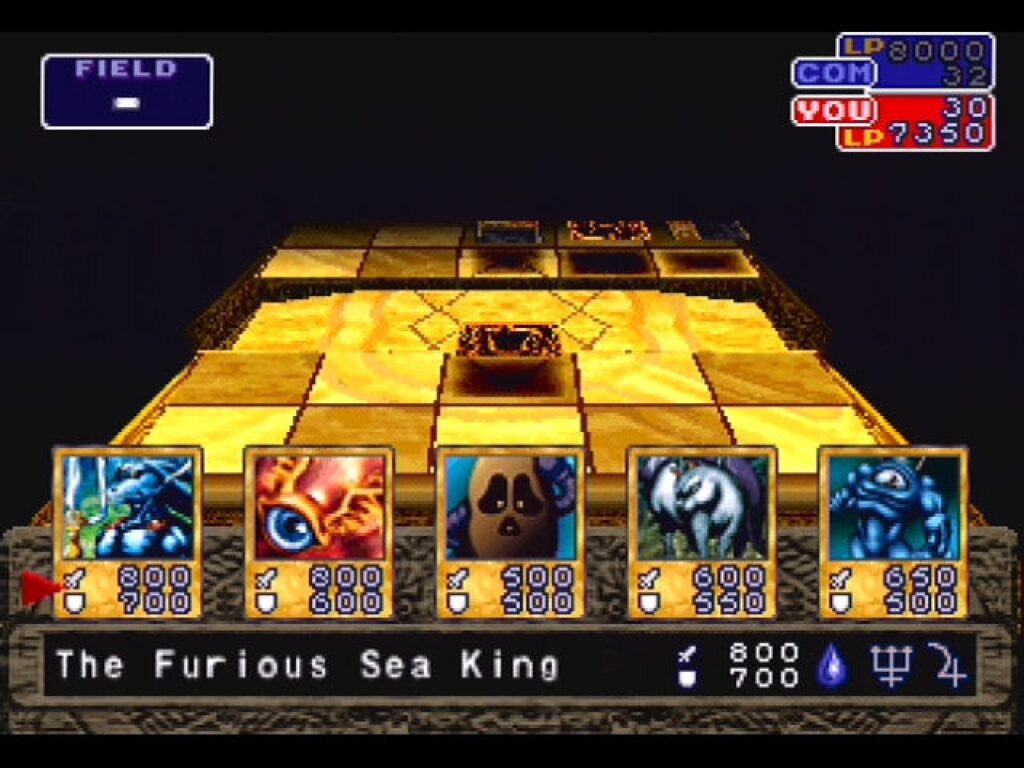
Iconic Yu-Gi-Oh! Video Games Through the Years
1. Yu-Gi-Oh! Forbidden Memories (PlayStation)
Released in 1999, Forbidden Memories was one of the first Yu-Gi-Oh! games, providing a story-driven experience set in Ancient Egypt and following an early version of the TCG rules. With its simple fusion mechanics and engaging storyline, Forbidden Memories quickly gained a cult following. It was known for its unique fusion system, where players could experiment with different card combinations to create new monsters, even without Polymerization.
Key Features:
- Unique fusion mechanics
- Classic story mode featuring characters from the anime
- Simplified TCG rules for a beginner-friendly experience
2. Yu-Gi-Oh! The Eternal Duelist Soul (Game Boy Advance)
The Eternal Duelist Soul was one of the first Yu-Gi-Oh! games to adopt the TCG rules more faithfully, allowing players to duel using an in-game deck and collecting cards over time. Released in 2002, it introduced fans to structured card packs and provided a much closer experience to the TCG than previous games.
Key Features:
- TCG-compliant rules
- Card collection and deck-building mechanics
- Seasonal events and progressive difficulty
3. Yu-Gi-Oh! Duelists of the Roses (PlayStation 2)
In 2003, Duelists of the Roses introduced an innovative gameplay twist: a strategy board game-style duel where players moved their monster cards across a battlefield. This unique approach combined strategic movement with classic dueling, offering a fresh experience for fans of the franchise.
Key Features:
- Strategic board game format combined with dueling
- Storyline with characters inspired by historical events
- Fusion-based gameplay for deck-building variety
4. Yu-Gi-Oh! World Championship Series (Nintendo DS)
The Yu-Gi-Oh! World Championship series, beginning in 2004 and spanning multiple entries, became a staple for handheld console gaming, especially on the Nintendo DS. Each game in the series provided a highly competitive dueling experience, with robust deck-building tools and hundreds of cards from the TCG. The series is often praised for its faithful adaptation of TCG rules, making it popular among competitive players.
Key Features:
- Extensive card library based on real TCG releases
- Authentic tournament-style gameplay
- Online connectivity for competitive play
5. Yu-Gi-Oh! Legacy of the Duelist: Link Evolution (Nintendo Switch, PlayStation 4, Xbox One, PC)
Released in 2019, Legacy of the Duelist: Link Evolution is a comprehensive experience, offering players the chance to relive the major story arcs of the Yu-Gi-Oh! anime and duel iconic characters across generations. With over 10,000 cards, including Link Summoning mechanics, this game brings together modern and classic Yu-Gi-Oh! elements.
Key Features:
- Massive card library with Link, Synchro, and XYZ monsters
- Story mode spanning multiple series (Duel Monsters to VRAINS)
- Online dueling and extensive deck-building options
6. Yu-Gi-Oh! Duel Links (Mobile, PC)
Duel Links, released in 2016, introduced a simplified format called Speed Duels, which uses fewer cards and smaller decks for a faster-paced experience. The game is mobile-friendly, featuring special skills that give dueling a unique twist, and it’s one of the most accessible Yu-Gi-Oh! games for newcomers and casual players.
Key Features:
- Speed Duel format for quick matches
- Character-specific skills that enhance gameplay
- Events and regular updates with new cards and characters
7. Yu-Gi-Oh! Master Duel (Mobile, PC, Console)
Master Duel, launched in 2022, aims to deliver a highly competitive Yu-Gi-Oh! experience for all platforms, with full TCG rules and a vast card library. With high-quality graphics, frequent events, and an online matchmaking system, Master Duel is widely regarded as the go-to game for fans who want to experience the authentic TCG digitally.
Key Features:
- Faithful TCG rules for realistic dueling
- Cross-platform online multiplayer
- Frequent events and seasonal rankings
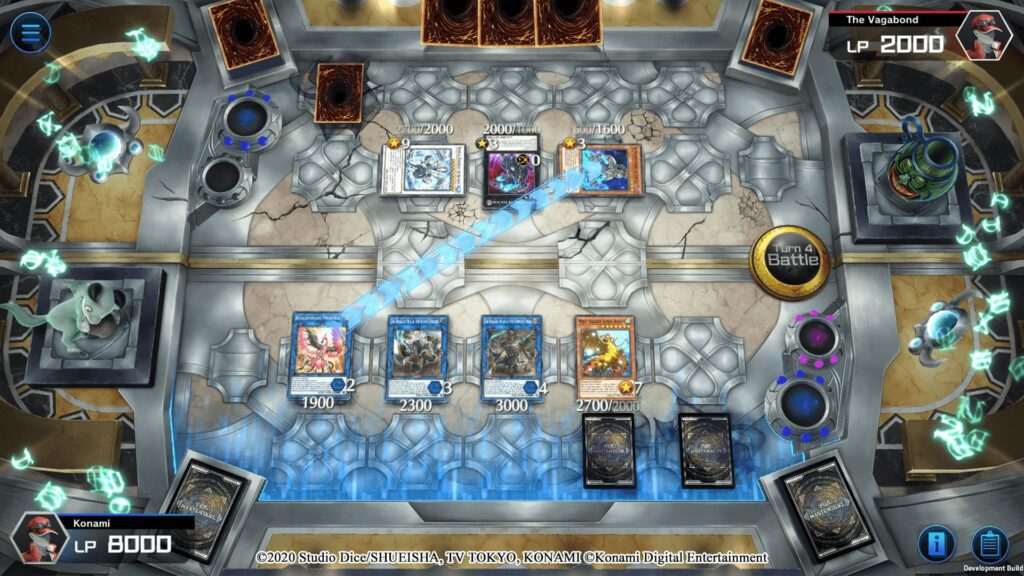
Key Gameplay Mechanics in Yu-Gi-Oh! Video Games
Yu-Gi-Oh! video games vary widely in terms of mechanics, but several core elements remain consistent across most titles. Understanding these mechanics is essential for building a strong deck and mastering the game.
- Deck Building and Card Collection: Deck-building is a major part of every Yu-Gi-Oh! game, and collecting the right cards can make or break your deck. Many Yu-Gi-Oh! video games feature a card shop or duel rewards system that enables players to expand their collection and customize their deck to fit different strategies.
- Monster Summoning Types: Over the years, the TCG has introduced several summoning methods, such as Tribute Summoning, Fusion Summoning, Synchro Summoning, XYZ Summoning, Pendulum Summoning, and Link Summoning. Legacy of the Duelist: Link Evolution and Master Duel incorporate these mechanics, allowing players to explore diverse strategies.
- Single-Player Campaigns: Most Yu-Gi-Oh! games feature a single-player campaign that lets players battle iconic characters and unlock cards along the way. These campaigns often follow the storyline of the anime, giving players the chance to experience key duels from each series.
- Multiplayer and Online Play: For fans who want to test their skills, Yu-Gi-Oh! games offer multiplayer options, allowing players to challenge others online. Duel Links, Master Duel, and Legacy of the Duelist provide ranked matchmaking and online tournaments to encourage competitive play.
- Skills and Special Abilities: Some games introduce skills or special abilities unique to certain characters. Duel Links, for example, includes character skills that can boost the player’s deck, creating more diverse gameplay.
Choosing the Right Yu-Gi-Oh! Video Game for You
With so many Yu-Gi-Oh! video games available, it can be difficult to decide which one to play. Here are some recommendations based on your preferences:
- If You’re New to Yu-Gi-Oh!: Yu-Gi-Oh! Duel Links is a great entry point with its simplified Speed Duel format. The game’s mobile-friendly design and character skills make it accessible and engaging for beginners.
- If You Prefer the Classic TCG Experience: Yu-Gi-Oh! Master Duel and Yu-Gi-Oh! Legacy of the Duelist: Link Evolution both provide a comprehensive TCG experience with advanced mechanics, making them ideal for fans looking for an authentic dueling experience.
- If You Love Nostalgia and Storylines: Yu-Gi-Oh! Legacy of the Duelist offers a story mode that covers the major anime series, allowing you to relive iconic duels and play as your favorite characters.
- For Competitive Players: Yu-Gi-Oh! Master Duel is the best choice for competitive players due to its faithful TCG mechanics, robust online matchmaking, and frequent events that challenge duelists.
Tips for Succeeding in Yu-Gi-Oh! Video Games
Whether you’re a beginner or a seasoned duelist, here are some general tips to help you master Yu-Gi-Oh! video games:
- Learn the Summoning Methods: Modern Yu-Gi-Oh! games incorporate complex summoning types. Familiarize yourself with Fusion, Synchro, XYZ, and Link summoning to expand your strategy options.
- Experiment with Different Decks: Each deck archetype offers a unique playstyle, and experimenting can help you find the one that suits you best. Some popular archetypes include Blue-Eyes, Dark Magician, Cyber Dragons, and Pendulum Magicians.
- Prioritize Card Draws and Searches: Having cards that allow you to draw or search your deck can make your strategy more consistent. Cards like Pot of Greed, Terraforming, and Reinforcement of the Army (depending on game availability) help streamline your strategy.
- Adapt to Your Opponent: Many Yu-Gi-Oh! games allow you to side deck, or change your deck between rounds in a best-of-three match. Use this feature to adjust your strategy based on your opponent’s deck.
- Take Advantage of Online Resources: Platforms like YouTube, forums, and wikis offer guides and strategies for building effective decks. Reviewing popular deck lists can inspire ideas for your own strategies.
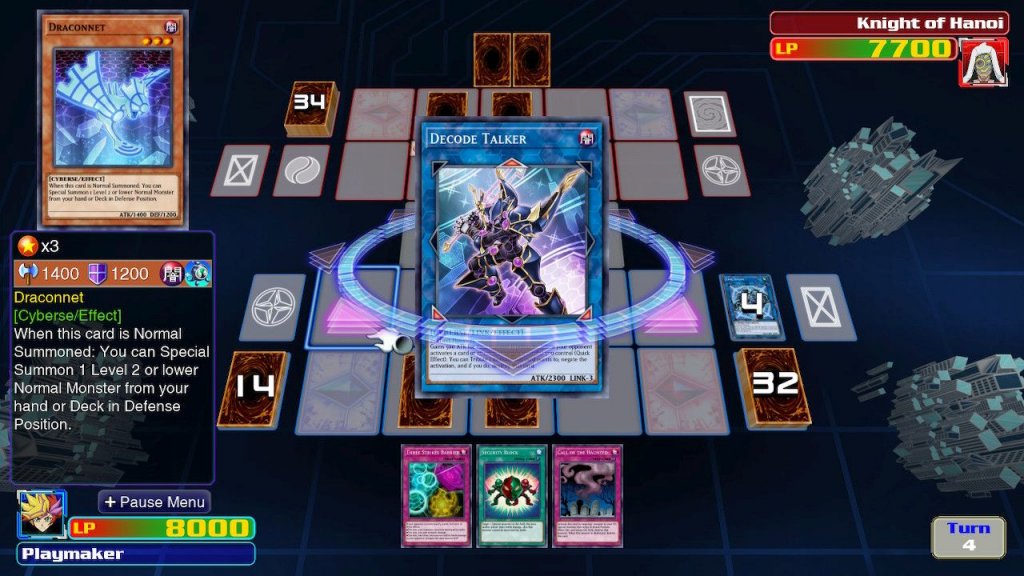
The Future of Yu-Gi-Oh! Video Games
With the continued popularity of Yu-Gi-Oh! games like Master Duel, the franchise shows no signs of slowing down. The rise of cross-platform play and mobile accessibility is expanding the reach of Yu-Gi-Oh! games, introducing the franchise to a new generation of duelists. Whether you’re a casual player or a competitive enthusiast, there’s never been a better time to dive into the world of Yu-Gi-Oh! video games.
Conclusion
Yu-Gi-Oh! video games have come a long way from their early days, evolving alongside the TCG and bringing new innovations to the digital dueling scene. With a wide range of titles catering to different playstyles and levels of experience, there’s a Yu-Gi-Oh! game for everyone. Whether you’re revisiting nostalgic classics or mastering the latest digital tournaments, Yu-Gi-Oh! games continue to captivate duelists worldwide. Dive in, build your deck, and may the Heart of the Cards guide you!

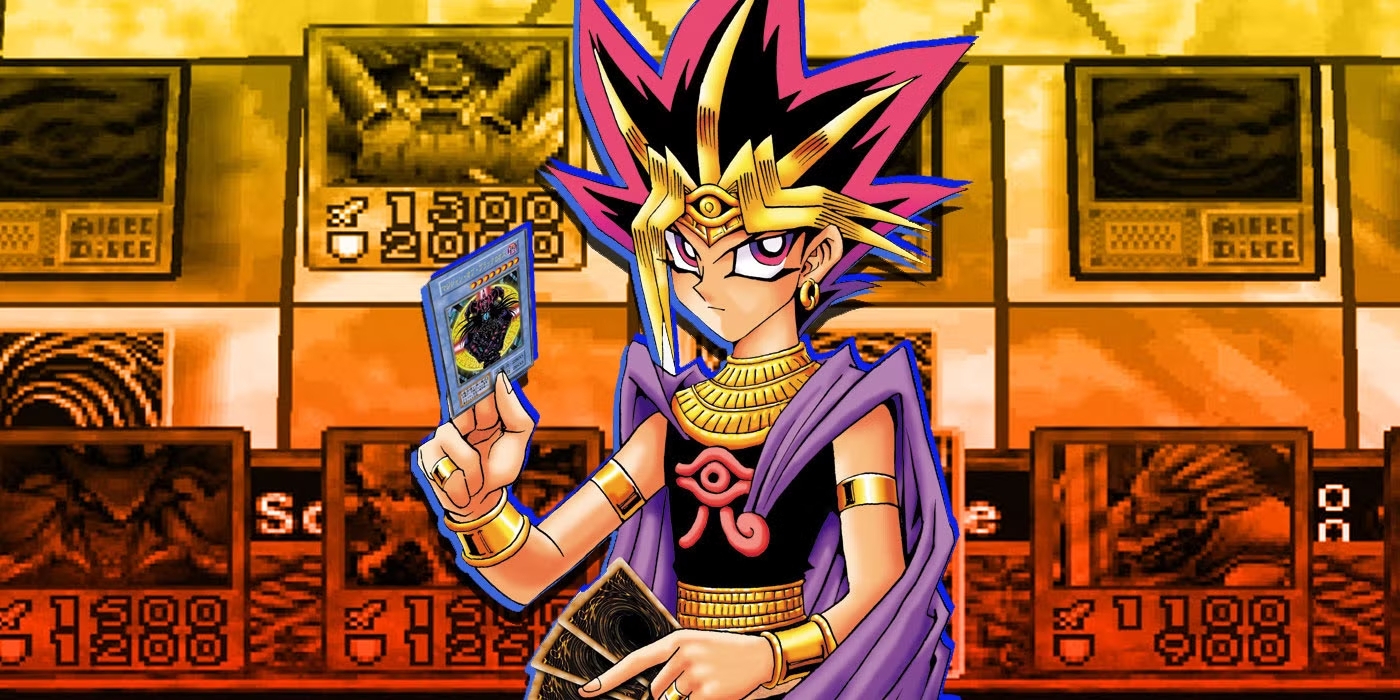

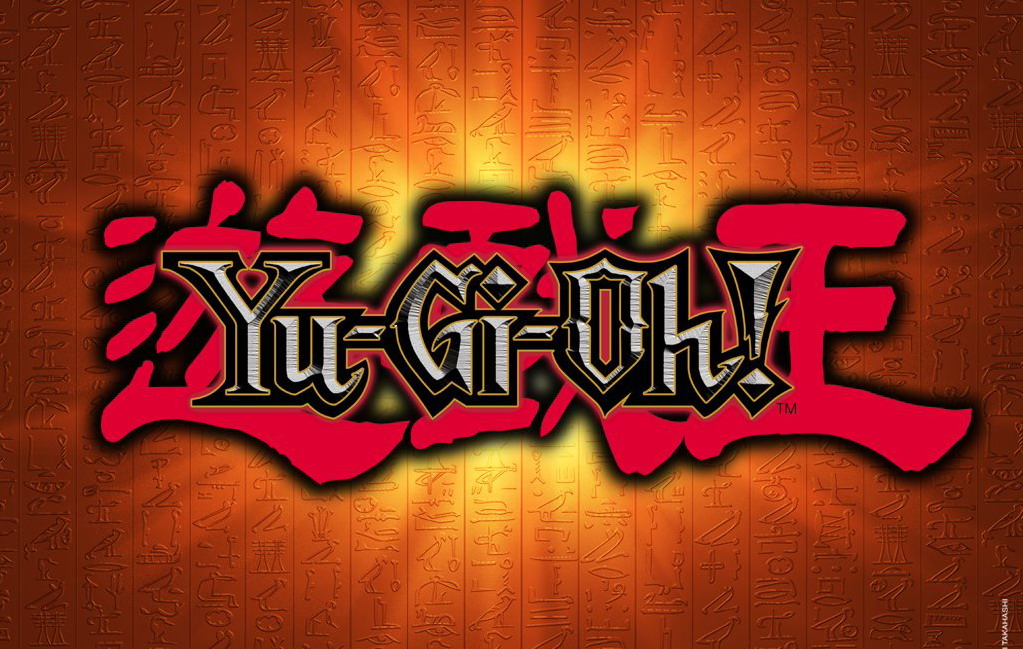
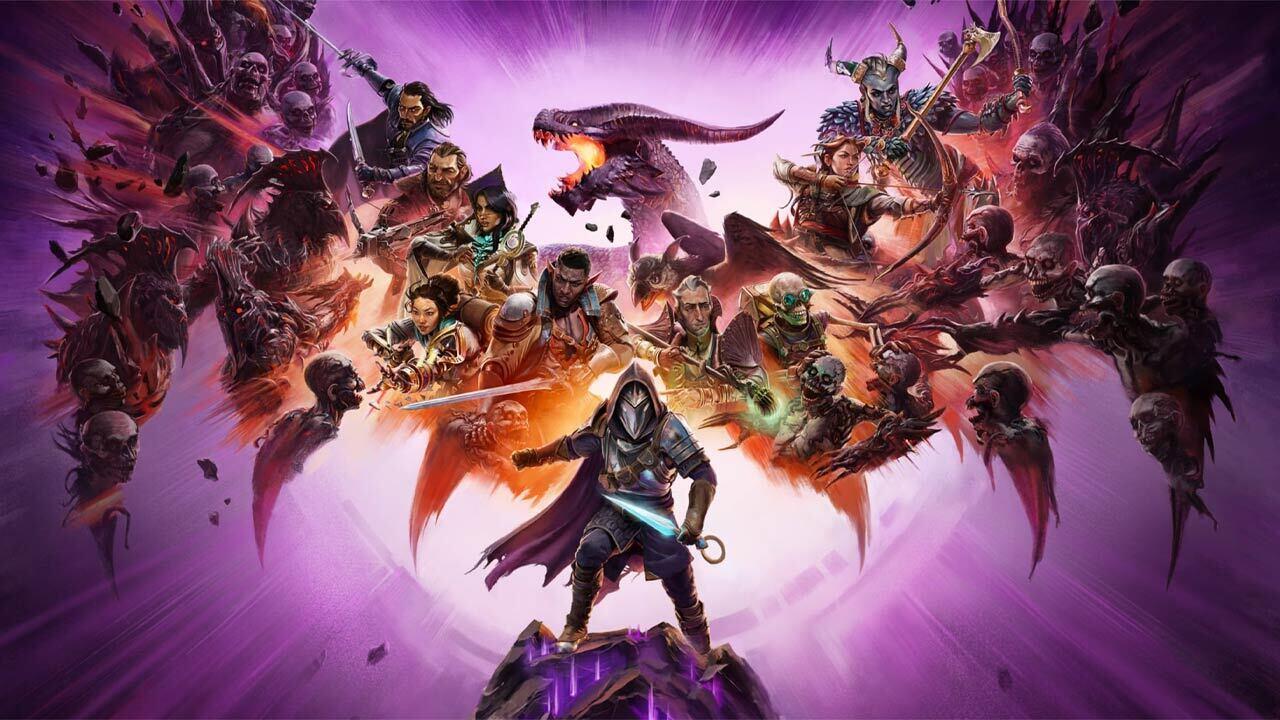
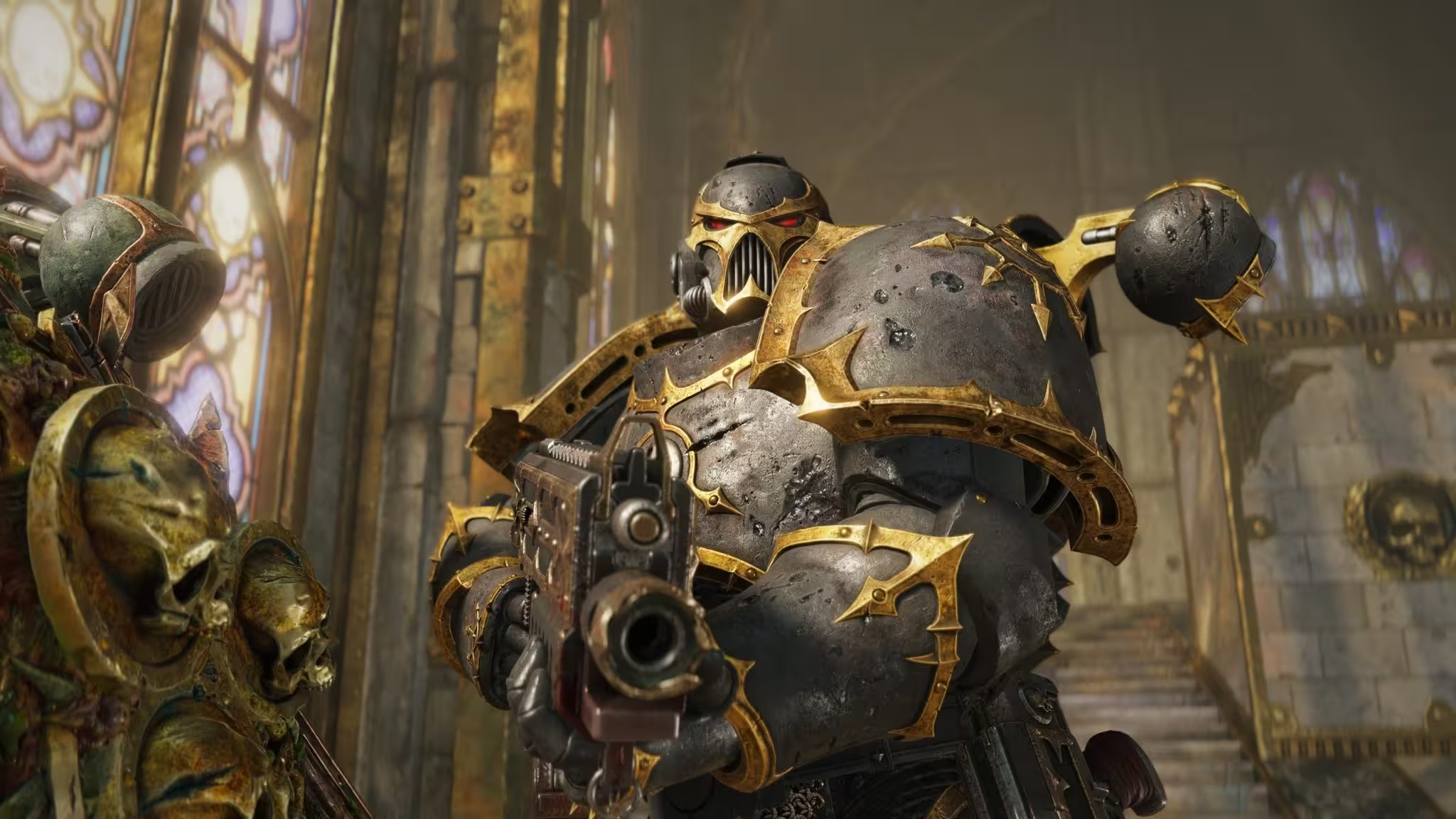
Leave a Reply